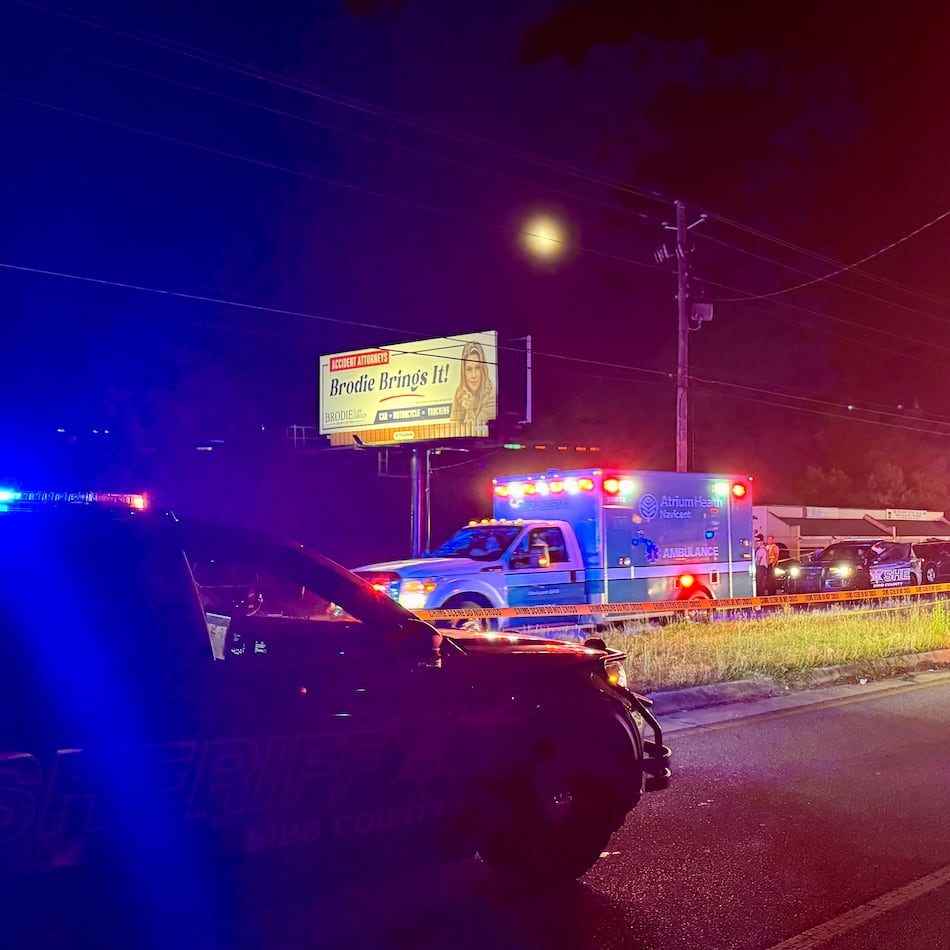TEL AVIV, Israel (AP) — Israeli Prime Minister Benjamin Netanyahu said Monday that his decision to resume limited aid to Gaza after a weekslong blockade came after pressure from allies who said they wouldn't be able to grant Israel the support it needs to win the war so long as there were "images of hunger" coming out of the Palestinian territory.
Israel has faced condemnation from the United Nations, aid groups and some European allies for its blockade of goods into the war-ravaged territory, including food, fuel and medicine.
On Sunday it said it would allow a "basic" amount of aid into Gaza to prevent a "hunger crisis" from developing. Food experts have already warned that the blockade risked sparking famine in Gaza, a territory of roughly 2 million people.
The decision to let in aid comes as Israel steps up its offensive in the Gaza Strip in what it says is a bid to pressure Hamas to agree to a ceasefire deal on Israel's terms. On Monday, a military spokesperson ordered the evacuation of Gaza's second-largest city, Khan Younis, where Israel carried out a massive operation earlier in the war that left much of the area in ruins.
Under the newly launched air and ground offensive, Israel plans to displace hundreds of thousands of Palestinians and secure aid distribution inside the territory.
Netanyahu said Monday that the plan would include “taking control of all of Gaza.”
Netanyahu warns of a ‘red line’ on Gaza
Under the Trump administration, the United States — Israel’s top ally — has mostly avoided criticizing Israel’s steps in its war against Hamas, and blames the militant group for the humanitarian crisis.
But it has increasingly highlighted the plight of civilians in Gaza. President Donald Trump on his recent trip to the Middle East — a visit where he did not stop in Israel — voiced concern about the humanitarian situation in Gaza, as did his Secretary of State Marco Rubio, who said on a visit to Turkey that he was "troubled" by it.
In a video statement posted to social media, Netanyahu said that Israel’s allies had voiced concern about “images of hunger.”
Israel's “greatest friends in the world,” he said, including senators but without mentioning specific nationalities, had said there is “one thing we cannot stand. We cannot accept images of hunger, mass hunger. We cannot stand that. We will not be able to support you.”
Netanyahu said the situation was approaching a “red line” and a “dangerous point,” but it was not clear if he was referring to the crisis in Gaza or the potential loss of support from allies.
“Therefore to achieve victory, we need to somehow solve the problem,” Netanyahu said.
The video statement appeared aimed at pacifying anger from Netanyahu's nationalist base at the decision to resume aid. Netanyahu has been under pressure from two far-right governing partners not to send aid back into Gaza. At least one of them said Monday he was begrudgingly on board with the decision.
Netanyahu says ‘minimal’ aid to be let in
The aid that would be let in would be "minimal," Netanyahu said, without specifying precisely when it would resume, and would act as bridge toward the beginning of a new approach to aid delivery in Gaza, which will see a U.S.-backed organization distribute aid in organized hubs in Gaza that will be secured by the Israeli military.
Israel says the plan is meant to prevent Hamas from accessing aid, which Israel says it uses to bolster its rule in Gaza.
Aid groups say the mechanism is not practical, that it will not reach the most vulnerable Palestinians and say they won’t participate because it doesn’t align with their humanitarian principles.
A U.N. official said a shipment of 20 aid trucks carrying mostly food is expected to enter on Monday. The official was not authorized to brief media and spoke on condition of anonymity.
Israeli authorities have not commented on when the aid would begin entering.
An Associated Press photographer saw at least three trucks loaded with humanitarian aid on the Israeli side of a crossing with Gaza but they drove off back into Israel shortly after.
Palestinians say an Israeli undercover raid has killed a militant
As the aid waited to enter the territory again, fighting continued to rage there, including an early morning raid in the southern city of Khan Younis by what Palestinian residents said was an undercover Israeli force disguised as displaced Palestinians.
The force killed Ahmed Sarhan, a leader of the armed wing of the Popular Resistance Committees, in a shootout, the group said, and detained his wife and child, according to Palestinian witnesses.
The forces drove in on a civilian vehicle and carried out the raid under heavy aircover, killing at least six people, including Sarhan, according to Nasser Hospital. They carried what appeared to be luggage and blankets on top of their white vehicle.
Also Monday, an Israeli airstrike on a school-turned-shelter for displaced Palestinians in the Nuseirat refugee camp killed five people, including a woman and a girl, and wounded 18, mostly children, according to Al-Awda Hospital, which received the casualties.
The Israeli military had no immediate comment on either incident.
The war in Gaza began on Oct. 7, 2023, when Hamas-led militants attacked southern Israel, killing 1,200 people and abducting 251 others. Israel’s retaliatory offensive has killed more than 53,000 Palestinians, many of them women and children, according to Gaza’s Health Ministry, which doesn’t differentiate between civilians and combatants in its count.
___
Magdy reported from Cairo and Shurafa from Deir al-Balah, Gaza Strip.
___
Follow AP's war coverage at https://apnews.com/hub/israel-hamas-war
Credit: AP
Credit: AP
Credit: AP
Credit: AP
Credit: AP
Credit: AP
Credit: AP
Credit: AP
Keep Reading
The Latest
Featured







